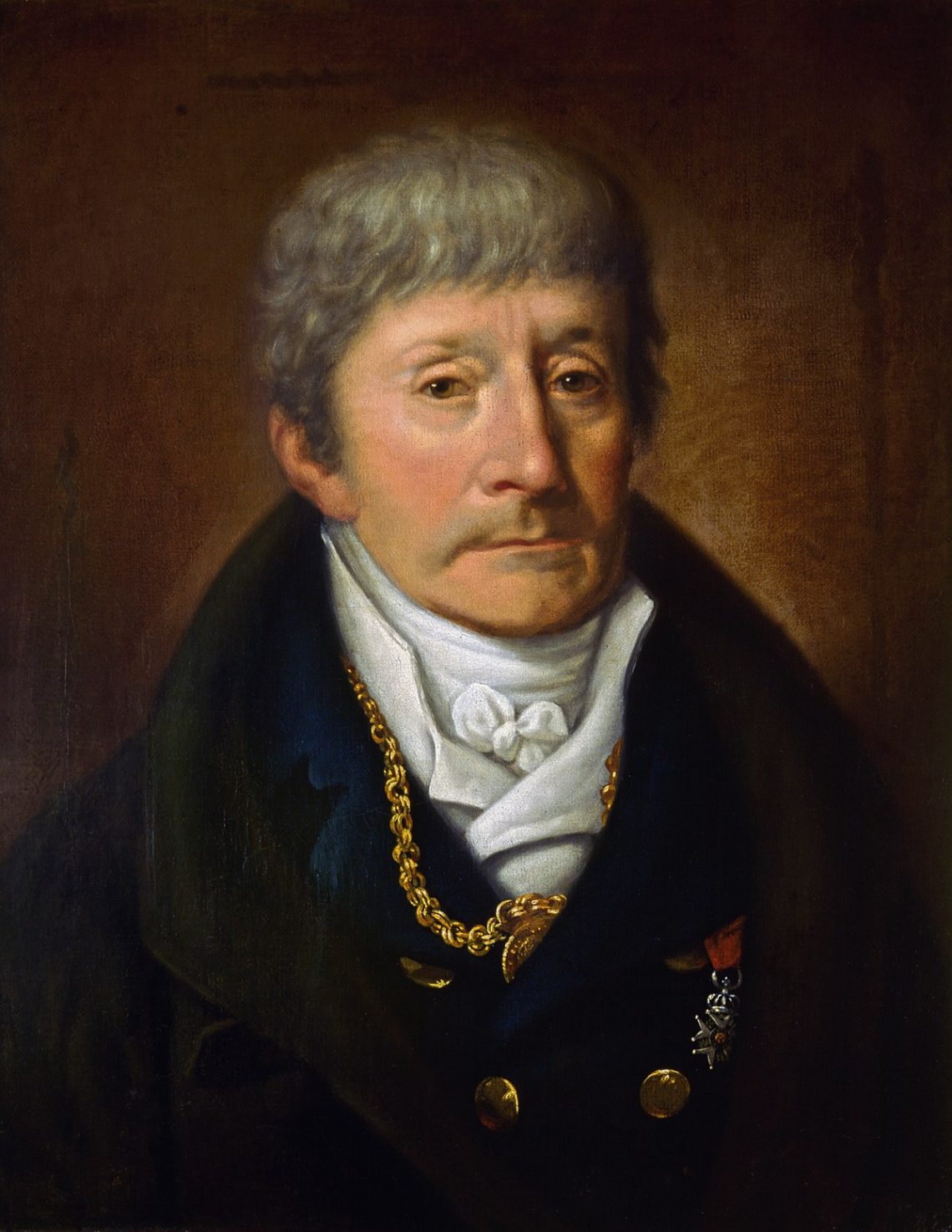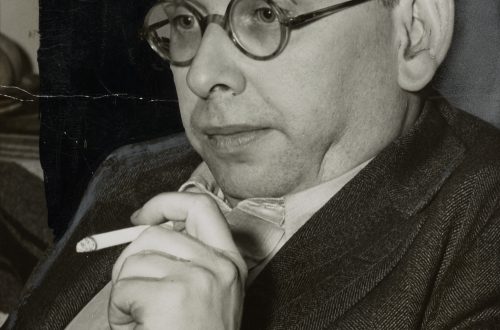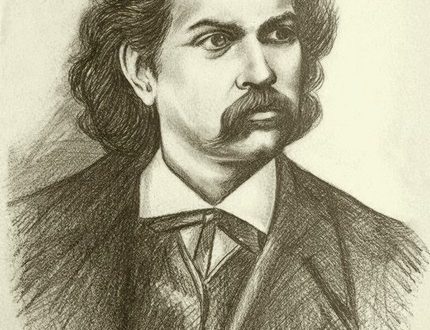
Antonio Salieri |
Antonio Salieri
Salieri. Allegro
Salieri … a great composer, the pride of the Gluck school, who adopted the style of the great maestro, received from nature a refined feeling, a clear mind, dramatic talent and exceptional fertility. P. Beaumarchais
The Italian composer, teacher and conductor A. Salieri was one of the most famous figures in European musical culture at the turn of the XNUMXth-XNUMXth centuries. As an artist, he shared the fate of those famous masters in his time, whose work, with the onset of a new era, moved into the shadow of history. Researchers note that Salieri’s fame then surpassed that of W.A. Mozart, and in the opera-seria genre he managed to achieve such a quality level that puts his best works above most of his contemporary operas.
Salieri studied the violin with his brother Francesco, the harpsichord with the cathedral organist J. Simoni. Since 1765, he sang in the choir of St. Mark’s Cathedral in Venice, studied harmony and mastered vocal art under the direction of F. Pacini.
From 1766 until the end of his days, Salieri’s creative activity was associated with Vienna. Starting his service as a harpsichordist-accompanist of the court opera house, Salieri made a dizzying career in a fairly short time. In 1774 he, already the author of 10 operas, became the imperial chamber composer and conductor of the Italian opera troupe in Vienna.
“Musical favorite” of Joseph II Salieri for a long time was in the center of the musical life of the Austrian capital. He not only staged and conducted performances, but also managed the court choir. His duties included supervising musical education in state educational institutions in Vienna. For many years Salieri directed the Society of Musicians and the pension fund for the widows and orphans of Viennese musicians. Since 1813, the composer also headed the choral school of the Vienna Society of Friends of Music and was the first director of the Vienna Conservatory, founded by this society in 1817.
A big chapter in the history of the Austrian opera house is connected with the name of Salieri, he did a lot for the musical and theatrical art of Italy, and made a contribution to the musical life of Paris. Already with the first opera “Educated Women” (1770), fame came to the young composer. Armida (1771), Venetian Fair (1772), The Stolen Tub (1772), The Innkeeper (1773) and others followed one after another. The largest Italian theaters ordered operas to their illustrious compatriot. For Munich, Salieri wrote “Semiramide” (1782). The School for the Jealous (1778) after the Venice premiere went around the opera houses of almost all European capitals, including staged in Moscow and St. Petersburg. Salieri’s operas were enthusiastically received in Paris. The success of the premiere of “Tarara” (libre. P. Beaumarchais) exceeded all expectations. Beaumarchais wrote in a dedication of the text of the opera to the composer: “If our work is successful, I will be obliged almost exclusively to you. And although your modesty makes you say everywhere that you are only my composer, I am proud that I am your poet, your servant and your friend. Beaumarchais’s supporters in evaluating Salieri’s work were KV Gluck. V. Boguslavsky, K. Kreuzer, G. Berlioz, G. Rossini, F. Schubert and others.
During the period of acute ideological struggle between the progressive artists of the Enlightenment and the apologists for the routine Italian opera, Salieri confidently sided with Gluck’s innovative conquests. Already in his mature years, Salieri improved his composition, and Gluck singled out the Italian maestro among his followers. The influence of the great opera reformer on the work of Salieri was most clearly manifested in the great mythological opera Danaides, which strengthened the European fame of the composer.
A composer of European renown, Salieri enjoyed great prestige as a teacher as well. He has trained over 60 musicians. Of the composers, L. Beethoven, F. Schubert, J. Hummel, F. K. W. Mozart (son of W. A. Mozart), I. Moscheles, F. Liszt and other masters went through his school. Singing lessons from Salieri were taken by the singers K. Cavalieri, A. Milder-Hauptman, F. Franchetti, M. A. and T. Gasman.
Another facet of Salieri’s talent is connected with his conducting activities. Under the guidance of the composer, a huge number of opera, choral and orchestral works by old masters and contemporary composers were performed. Salieri’s name is associated with the legend of Mozart’s poisoning. However, historically this fact is not confirmed. Opinions about Salieri as a person are contradictory. Among others, contemporaries and historians noted the great diplomatic gift of the composer, calling him “Talleyrand in music.” However, in addition to this, Salieri was also characterized by benevolence and a constant readiness for good deeds. In the middle of the XX century. interest in the operatic work of the composer began to revive. Some of his operas have been revived on various opera stages in Europe and the USA.
I. Vetlitsyna





